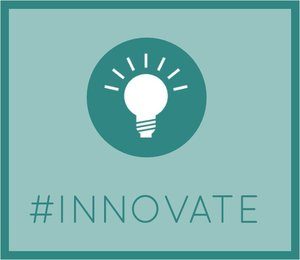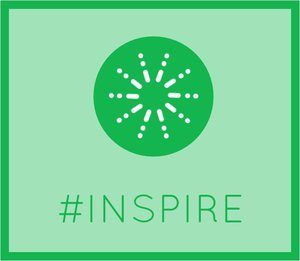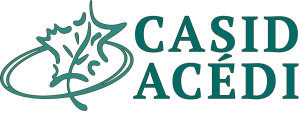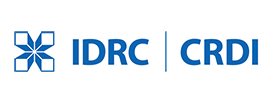
- This event has passed.
Influence, Inspire, Innovate: Realizing the potential of new policy horizons
September 27, 2017 @ 9:00 am - September 28, 2017 @ 5:00 pm EDT
The Canadian Council for International Cooperation’s 2017 annual conference, INFLUENCE INSPIRE INNOVATE was held in Ottawa from September 27 to 28, 2017 at the Delegation of the Ismaili Imamat. The conference brought together over 200 stakeholders from international development and humanitarian civil society organizations (CSOs), academics and researchers, key government officials and policy makers for two days of keynotes, workshops, and networking events.
For the first time, the CCIC conference was organized in partnership with the Canadian Association for the Study of International Development (CASID) and Aga Khan Foundation Canada (AKFC), and tackled the most pressing opportunities and challenges facing the Canadian global development sector.
INFLUENCE INSPIRE INNOVATE focused on the potential of new policy directions in a rapidly changing domestic and international context. At the heart of the conference was the question: How should Canadian civil society organizations seize new policy opportunities and tackle corresponding challenges?
Global experts, thought leaders and practitioners came together for interactive sessions, enlightening talks, and inspiring debates that explored the key elements of new policy directions, and the new skills, ways of working, and partnerships that are required to create a more peaceful, prosperous, and equal world for all.
Four exciting sessions were held at the conference:
 Data revolution? Innovations in data collection for M&E
Data revolution? Innovations in data collection for M&E
September 27, 11:30 AM – 1:00 PM
It is widely agreed that evidence should be used to inform decision-making, but do our systems meet on-the-ground needs and realities? Collecting actionable and timely data that allow organizations and users to ask the deeper questions needed to improve program design and facilitate learning can be a challenge. This session will explore innovative possibilities for more participatory, meaningful, and transformative data collection processes.
Andrew Cunningham, Global Education Advisor, Aga Khan Foundation
Anoushka Kenley, Senior Consultant, Measurement and Evaluation, New Philanthropy Capital
Erica Stillo, Monitoring, Evaluation, Research and Learning Manager, Aga Khan Foundation Canada
 The Feminist Approach 201: A case study for championing new gender norms
The Feminist Approach 201: A case study for championing new gender norms
September 27, 2:00 PM – 3:30 PM
The Feminist International Assistance Policy’s focus on empowering women and girls is a bold example of Canada’s ambition to be a global leader in gender equality. Its reframing of international policy priorities creates new opportunities, but also raises questions about how to advance a feminist agenda while engaging with existing social norms. Using case examples, this session will consider how to address social norms in challenging contexts and pave the way for greater, and sustained, gender equality.
Yasmin Karim, Programme Manager, Gender and Development, Aga Khan Rural Support Programme
 Making sense of pluralism
Making sense of pluralism
September 28, 10:30 AM – 12:00 PM
In an era of heightening global fragilities and fault lines, there is a strong need to promote pluralism through international development programming and the Sustainable Development Goals. What is pluralism, how does it manifest in various contexts and how can you integrate it into your work? This interactive workshop will present a pluralism analysis tool, study responses to human diversity in various contexts and explore various intersections of pluralism with international development.
Afroza Nanji, Pluralism and Global Citizenship Educator
Nathan Bowers-Krishnan, Program Officer, Global Centre for Pluralism
 Is development newsworthy?
Is development newsworthy?
September 28, 1:00 PM – 2:30 PM
Media – newspapers, television, radio, blogs, and social networks – play an undeniable role in framing the way Canadians think about international development. But with shrinking newsroom budgets, a 24 hour news cycle, and trending #FakeNews, the media landscape is in constant flux. In this environment, are stories about development still making it to Canadians? What stories are being told and whose voices are being heard? This session will disseminate findings from a content analysis of Canadian media coverage of the developing world, and discuss what role the media can play in building understanding of development.
Colette Brin, Professor, Département d’information et de communication, Université Laval and Director, Centre d’études sur les medias, Université Laval
Megan Clement, Managing Editor, Women & Girls, News Deeply
Robert Steiner, Director of the Fellowships in Global Journalism, Munk School of Global Affairs, University of Toronto
For more speaker details and to view the full conference agenda, please visit globaldev150.ca
In partnership:


Financial support:


